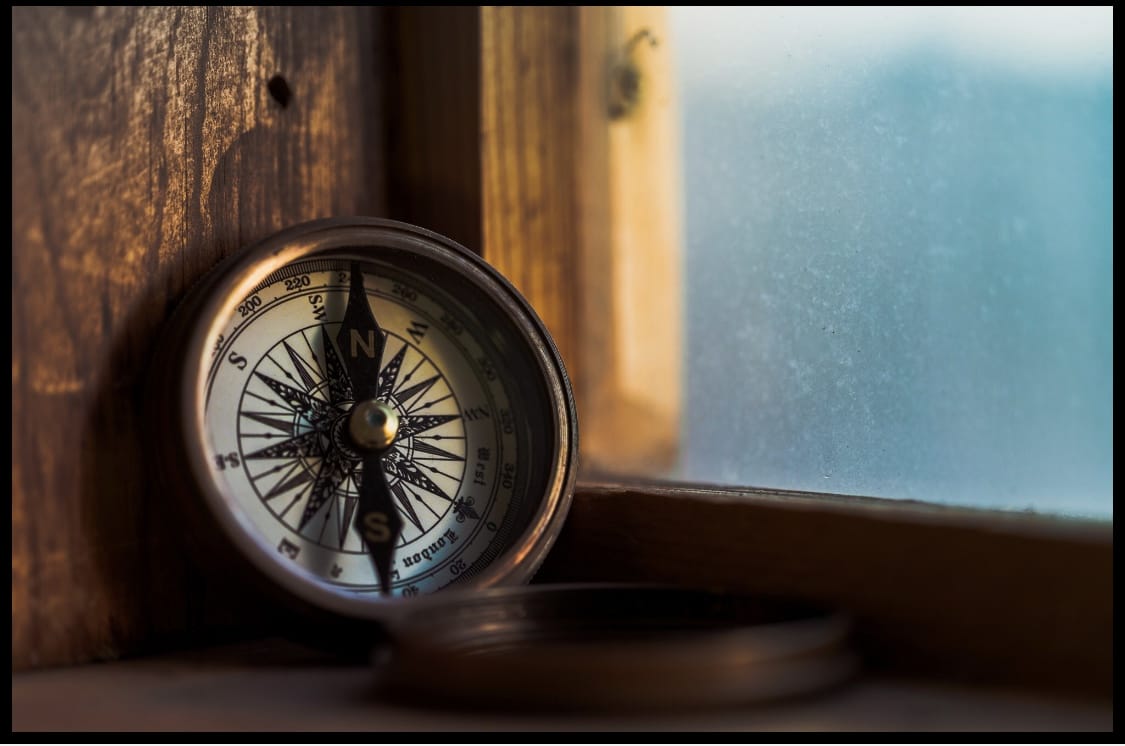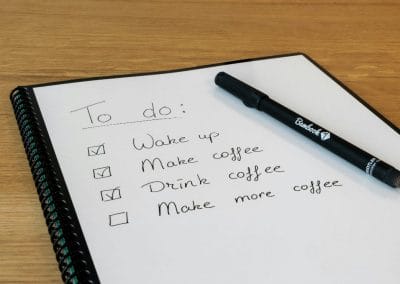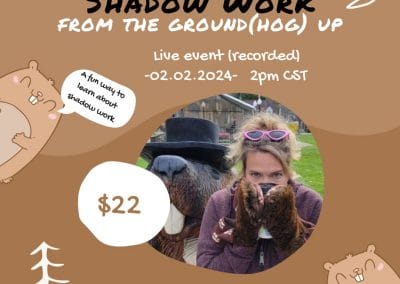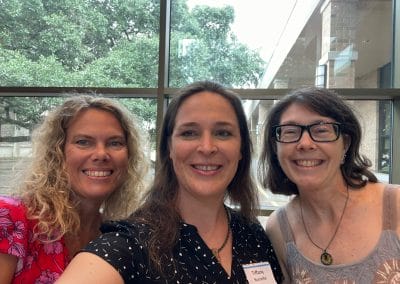What would you do if you knew you couldn’t fail?
This was always a difficult question for me because I never wanted to think about the concept of failing. Honestly, my drive to prevent failure was so strong that I could only imagine things that would bring me safety. Even though I took risks, the risks were highly calculated, and there was always a back up plan. So I continued my journey through life, trying to find purpose along a bubble-wrapped trail.
When my parents died, I wrestled with this question again. What was my purpose when I was no longer a caregiver? What purpose does anyone have on this earth when all we do is die? I returned to work as an academic and researcher because that was what I was trained to do, but did it give me meaningful purpose?
I began to feel signs of burnout–fatigue, muscle tension, dwindling passion. I still felt some inspiration by teaching and supervising my research lab, but that had everything to do with mentoring students. What drained me was the constant drive to publish articles that had no meaning for me–articles sealed in journals that were only seen by academic circles. From an early age, I knew that whatever I did in life, I needed to know I was helping someone. And publishing quick research to get ahead on the tenure track wasn’t meeting that need.
Suddenly, I looked at my current life in a new way. Was my purpose in life solely wrapped up in my job? Should it be? What would it look like if I found purpose in multiple places–family life, volunteering, friendships, as well as career? I realized that my current path didn’t allow me the work-life balance I needed to pursue purpose in all areas of my life, and I started to make changes. I left the tenure track, moved closer to family, and launched my coaching career. Through coaching, I can still mentor college students, but I can also help people of all ages find their purpose in their own lives. And that gives my life more meaning.
Finding purpose doesn’t happen overnight, but you can begin to think about it immediately. What are the things that bring you joy? What are your natural talents and skills, or what skills would you like to cultivate? What activities do you find yourself lost in? We call this feeling “flow.” It’s that moment when you lose track of time, when you’re in the zone.
And if you’re overwhelmed like I was, having difficulty imagining what you might do if you couldn’t fail, coaching could be the answer. A coach could help you find the patterns in your answers and could help you set attainable goals for getting there. And she could give you the tools you need to overcome the self-doubt that comes with fear of failure. But we’ll save that for another post. For now, take some time to dream.








